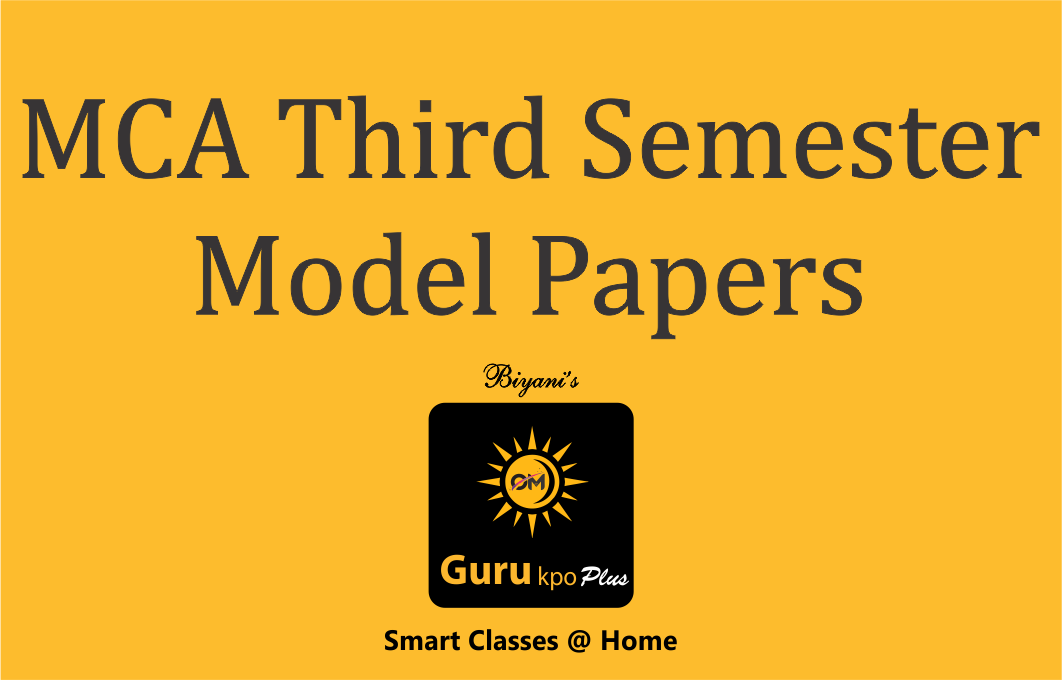Test for convergence of series:
Series : Expression of that form in which the successive terms are always according to some
definite rule as
Is called series. Here is called n th term of series.
There are two types of series
1) Finite Series
2) Infinite Series
Finite Series: If the no. of term in any series is finite then the series is called finite
series.
Infinite Series: If the no. of term in any series is infinite then the series is called
infinite series.
Eg. it’s denoted by
Now we discuss about convergence of an infinite series of positive terms.
Convergent Series :
An infinite series is said to be convergent if the sequence of its partial sum <Sn> is
convergent = S (finite).
Test for convergence of series :
1) D’ Alembert’s Ratio test :
If be a series of positive terms such that
then
(i) if > 1, will be convergent
(ii) if < 1, will be divergent
(iii) if = 1 may either convergent or divergent
Cauchy n th root test :
If be a series of positive terms such that
= (a real number)
then
(i) if <1, will be convergent
(ii) if, >1 will be divergent
(iii) if =1, may either convergent or divergent
Raabe’s tests :
If be a series of positive terms such that
then
(i) if >1, will be convergent
(ii) if <1, will be divergent
(iii) if =1, may either convergent or divergent
D’e Morgan and Bertrand’s Test :
If be a series of positive terms such that
then
(i) if >1, will be convergent
(ii) if <1, will be divergent
Cauchy’s condensation test :
If the series is a positive terms such that <f(n) is a decreasing sequence and
if a >1 and is a positive integer, then the series and both converge or diverge
together.
Gauss tests :
If be a series of positive terms and
Where sequence <Yn> is bounded then
(a) if
(i) is convergent if
(ii) is divergent if
(b) if
(i) is convergent if
(ii) is divergent if < 1







